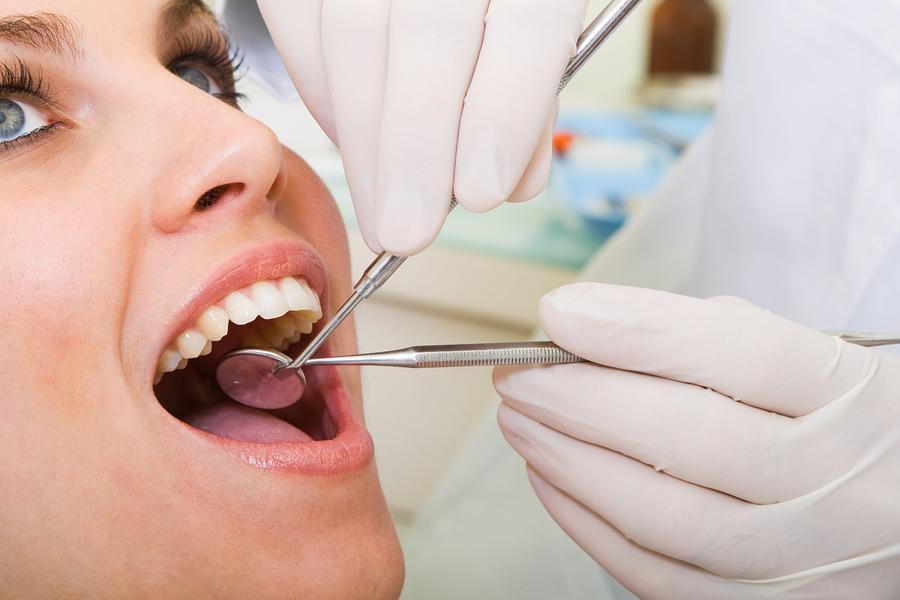
Getting enough restful sleep is important for our health and well-being as a whole. Snoring and sleep apnea, on the other hand, can mess up this important process, making us tired and slow during the day.
Recent studies have found an interesting link between these sleep problems and the health of our teeth and jaws. For people in Pleasanton who want professional advice and treatment choices, a skilled Pleasanton dentist can offer helpful information and individualized care.
Understand snoring and sleep apnea.
When you sleep, your upper airway can get partly blocked, which can cause you to snore. This blockage makes the tissues around it move, which makes the sound of breathing. Snoring can be annoying for people who share a bed with you, but it is usually not a big deal.
Sleep apnea, on the other hand, is a much worse problem. It includes periods of no breathing at all that happen over and over again during the night. These breaks in breathing can strip the body of air, which can cause a number of health issues, such as:
- Daytime fatigue: This is when you feel too tired to do anything, even after a full night’s sleep.
- Headaches: You may get headaches a lot in the morning.
- Irritability: Having trouble focusing and being more irritable.
- High blood pressure: If you have sleep apnea, you may be more likely to get high blood pressure.
- Heart problems: In the worst cases, it can make heart disease and stroke more likely.
The connection between teeth and sleep.
Your teeth and jaws may not be in the right place if you snore or have sleep apnea. Here is how:
- Blockage of the airways.
Some tooth problems can make it harder to breathe, which makes it more likely that the airway will close while you sleep.
For example, a lower mouth that is set back can make it much harder for air to move. Also, having a small upper mouth or tonsils and adenoids that are too big can make it hard to breathe.
- Breathing through the mouth.
People may breathe through their mouths while they sleep if they can not breathe through their noses because of allergies, a crooked septum, or something else. This can cause a dry mouth that lasts for a long time, which can make snoring worse and raise the risk of sleep apnea.
- Grinding your teeth (bruxism).
If someone has sleep apnea, they may bite or grind their teeth while they sleep. This might be done to keep the mouth open, but it can hurt the teeth and make the jaw hurt and feel uncomfortable.
Dental treatments for sleep disorders.
If you think that your oral health might be causing your snoring or sleep apnea, you should see a dentist. They can give you good advice and treatment choices. Some of these are:
- Oral appliances: Dentists can make mouthpieces that fit your teeth perfectly and gently move your jaw while you sleep. This helps keep the mouth open so that breathing does not get interrupted.
- Surgery: In some cases, underlying problems may need to be fixed with surgery. Some of these are surgery to widen the airway or remove extra tissue in the throat.
- Taking care of the causes: Taking care of allergens, staying at a healthy weight, and giving up smoking can also help airflow a lot and make snoring and sleep apnea less severe.
Take charge of your sleep.
Getting your teeth checked regularly can help you sleep better and be healthier generally. Good oral hygiene habits, like cleaning and flossing, can help keep tissues healthy and reduce swelling, which makes breathing better.
Setting a regular sleep plan, making a relaxing bedtime habit, and staying away from caffeine and alcohol before bed can also help you sleep better. You can take charge of your sleep by working closely with your doctor and other medical providers.
Get professional help if snoring or sleep apnea is keeping you up at night. Taking care of these problems can make your health and well-being much better in general.